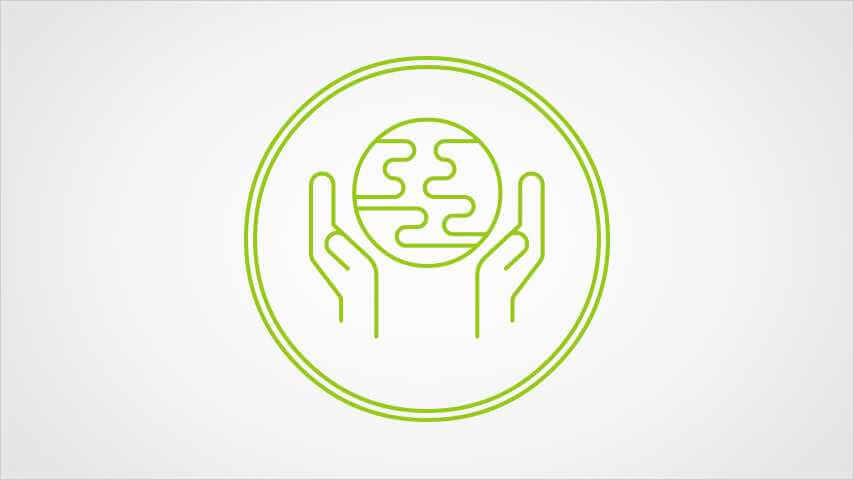Business success means more than just profitability, customer service and technological investment. Success means corporate responsibility – commitment, accountability and responsibility to our employees, to our society, and to our environment. Our primary goal in implementing the Allot Quality Management System is to consistently deliver high-quality, secure and reliable products, services and solutions the first time, every time and on time, as promised. Download our Quality Policy.
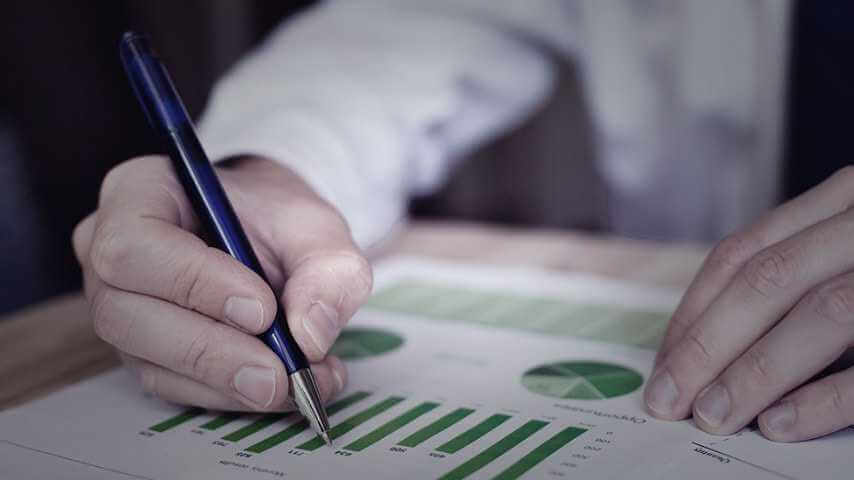
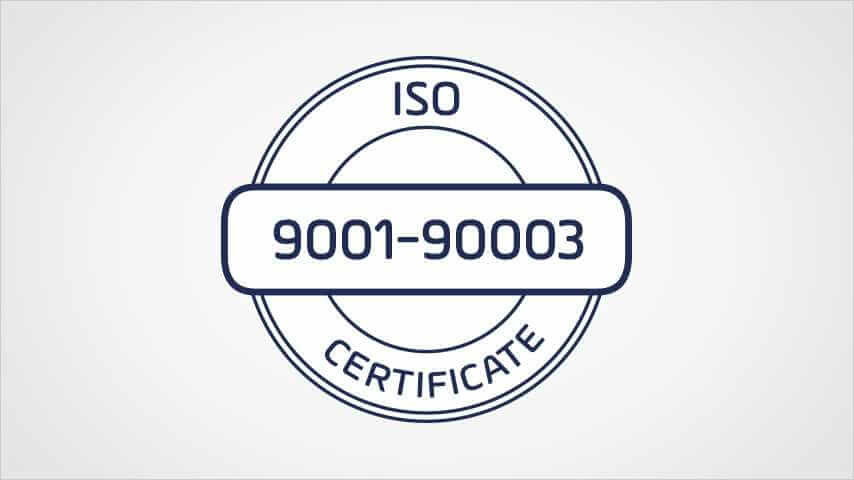
We have established a firm but dynamic Quality Management System that complies with the requirements of global standards. We are fully certified in ISO-9001, ISO-90003 standards, enabling us to consistently improve our efficiency. Our Quality Management System outlines the structure, responsibilities, and procedures required to satisfy or exceed customer and regulatory requirements and consistently deliver exceptional value.
We have established a firm but dynamic Environmental Management System that meets global standards requirements. We are fully certified with ISO 14001 standards, enabling us to consistently improve our efficiency and reduce environmental impact
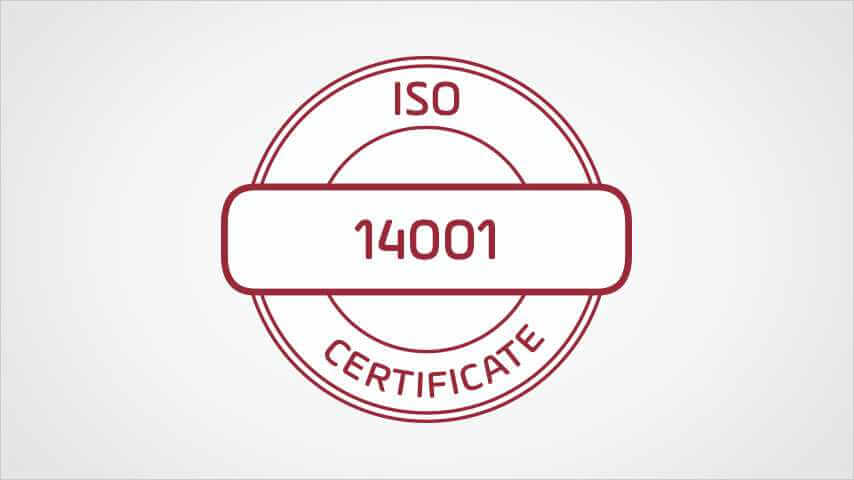
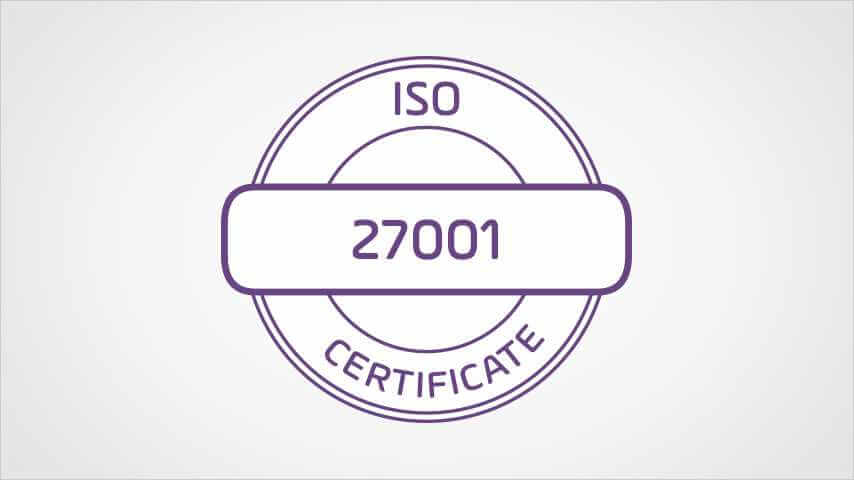
We have established a firm and dynamic Quality Management System that complies with the requirements of global standards. We are fully certified with ISO/IEC 27001, the only auditable international standard which defines the requirements for Information Security Management Systems (ISMS). This standard specifies requirements for the establishment, implementation, monitoring and review, maintenance and improvement of a Quality Management System of an overall management and control framework for managing and securing our data. Download the Certificate.
Allot Ltd. conducts its business operations in a manner that protects the health and safety of employees, costumers, sub-contractors, and any other person that may be affected by our actions and activities. Allot Communications is fully committed to controlling health and safety risks through the implementation of management systems. Our OH&S documentation conforms to ISO-45001 standard.
Our policy is based on proactive prior restraint of accidents and damage to employee's health by systematically identifying risk factors, risk assessment and risk mitigation into an acceptable level.
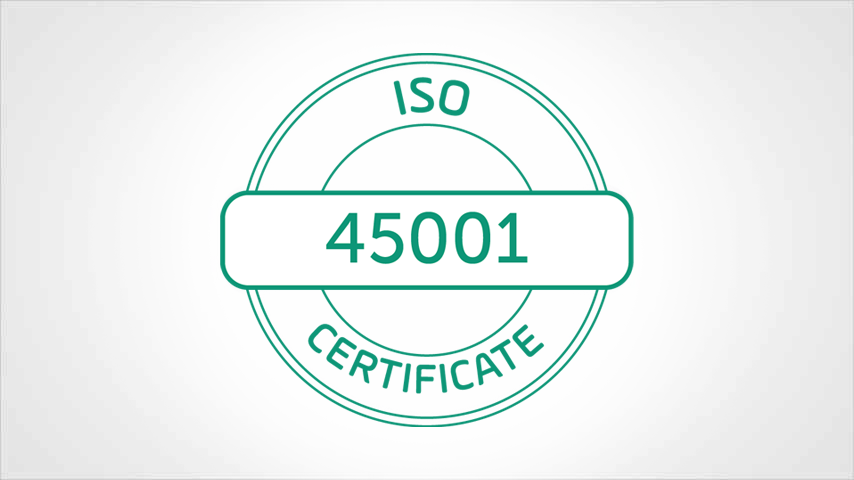
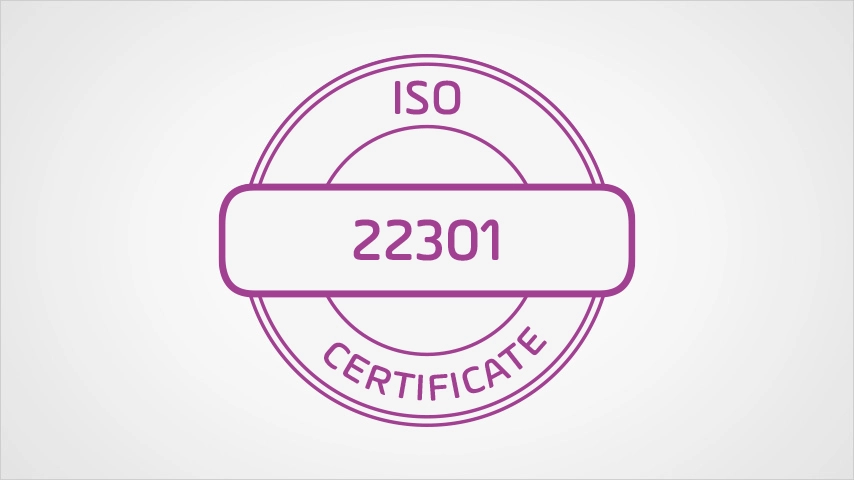
This International Standard helps us to implement Business Continuity Management Systems (BCMS) in order to protect business and help us recover it, to mitigate disruptive incidents when they happen.
It helps us to protect reputation, stay agile and resilient, and to minimize the impact of unexpected interruptions. It also helps to identify potential threats to business and to build the capacity to deal with unforeseen events.
This is why having a robust business continuity management system in place, such as ISO 22301, can be considered as one of the most comprehensive approaches to organizational resilience.
European Union Restrictions on Hazardous Substances RoHS (recast directive) Hazardous substances can have a tremendous impact on our environment. We recognize the importance of compliance with international regulations that restrict hazardous substance content in electrical and electronic equipment and we continuously review and update our procedures in order to meet our obligations under these regulations. Effective July 1, 2006, we updated the design and manufacture of our products in compliance with the regulatory requirements set forth in the RoHS Directive (2002/95/EC), which placed limits on the use of six specific hazardous substances in electrical and electronic equipment. Effective January 2, 2013, we further updated the design and manufacture of our products in compliance with the new regulatory requirements set forth in the RoHS II (recast) Directive (2011/65/EU), which added additional requirements relating to the CE marking and technical documentation. While the list of restricted substances has remained unchanged, new requirements have been added relating to CE marking and technical documentation. Effective March 1, 2007, our products became compliant with the obligatory marking requirements of the Measures for the Administration of the Control of Pollution by Electronic Information Products regulations (“China RoHS”).
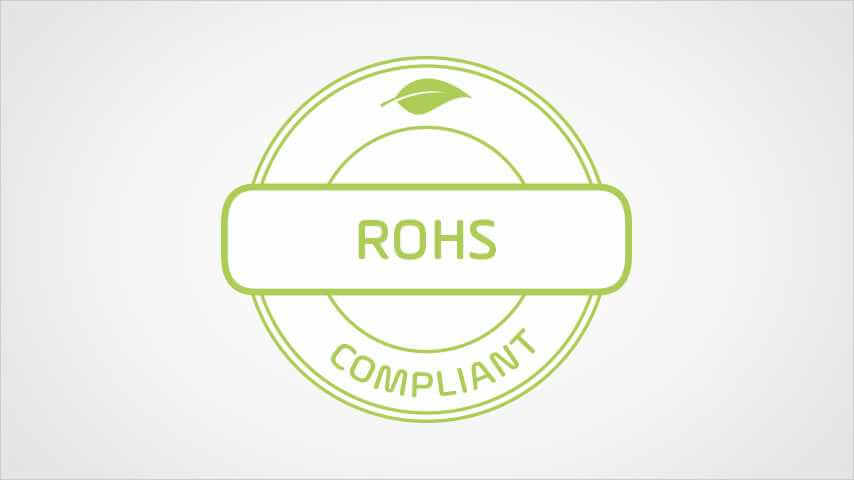
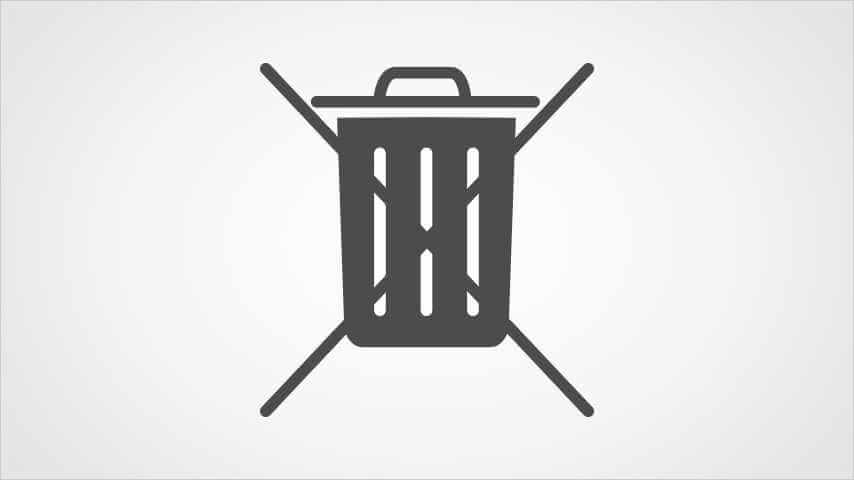
The European Union (EU) Waste Electrical and Electronic Equipment (WEEE) directive (2002/96/EC) requires producers of electrical and electronic equipment to finance the Take Back program for the reuse or recycling of products released to the EU market after August 13, 2005. Our product labels for relevant products include the crossed-out, wheeled bin symbol in accordance with the WEEE directive requirement for products released to market on or after August 13, 2005.
The Registration, Evaluation, Authorization and Restriction of Chemicals Regulation (EC) No 1907/2006, commonly referred to as “REACH,” is Europe’s new chemicals legislation. REACH creates a new system for gathering information, assessing risks to human health and the environment, and authorizing or restricting the marketing and use of chemicals. To the best of our knowledge, our products do not contain any of the current candidate Substances of Very High Concern (SVHC) in amounts exceeding 0.1% weight by weight (w/w). We are working with our supply chain to verify the accuracy of this statement. This declaration will be updated as soon as any changes occur or new relevant substances are added to the candidate list. Information will also be provided to consumers upon request. We encourage you to visit this site regularly for up-to-date information.
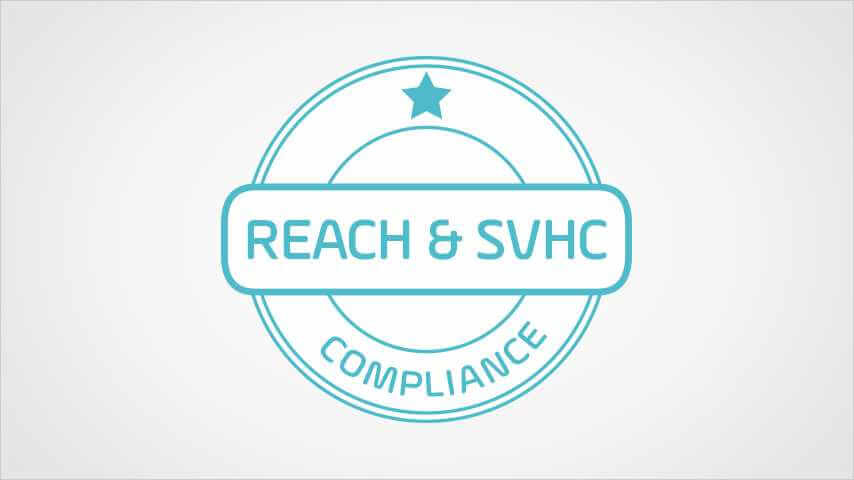
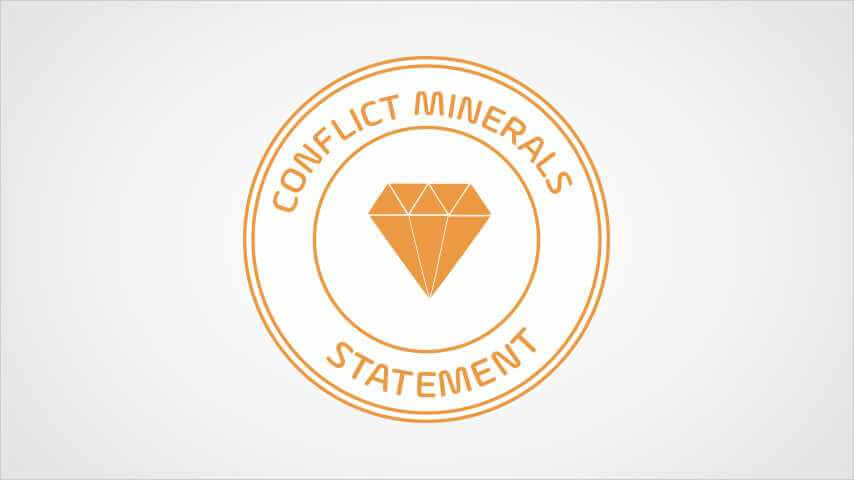
We are concerned that the trade of conflict minerals mined in the eastern provinces of the Democratic Republic of the Congo (DRC) may be fueling human rights atrocities in the region. These minerals and their refined metals – Tantalum, Tin, Tungsten and Gold – are used in the end markets served by our company. Consequently, we support the actions of governments and organizations to increase supply chain transparency and enable companies to source conflict-free minerals. We have initiated a comprehensive process to meet these regulatory obligations, taking steps to increase our supply chain due diligence measures and internal controls for the covered minerals. Based on the information provided by suppliers to date, we are not aware of any conflict minerals sourced from the DRC or adjoining countries in our supply chain.
We are committed to protecting the environment with our Allot Going Green initiative which addresses the environmental impact of our products throughout their lifecycle – from product development to manufacture to use-to-service, and, finally, end-of-life. By integrating environmental policies into our design and manufacturing processes, we model socially accountable business practices that reduce environmental impacts associated with our products.
